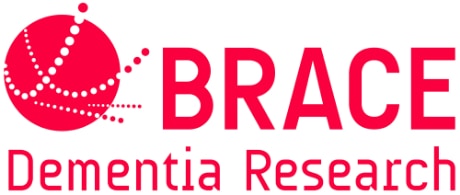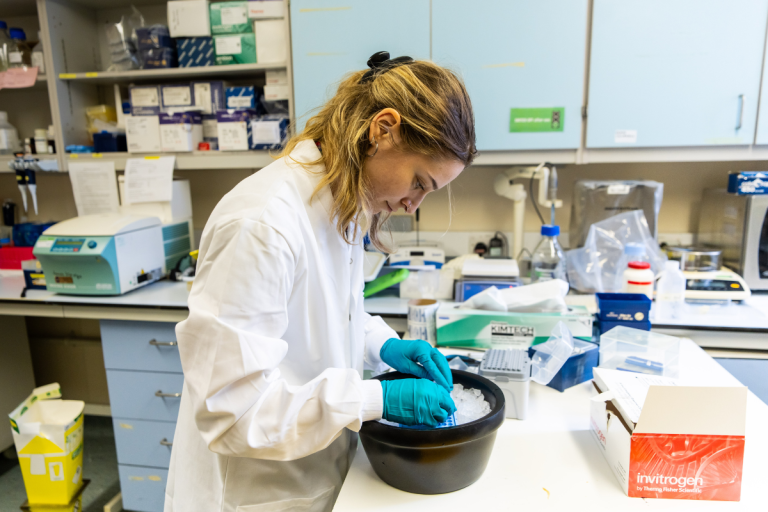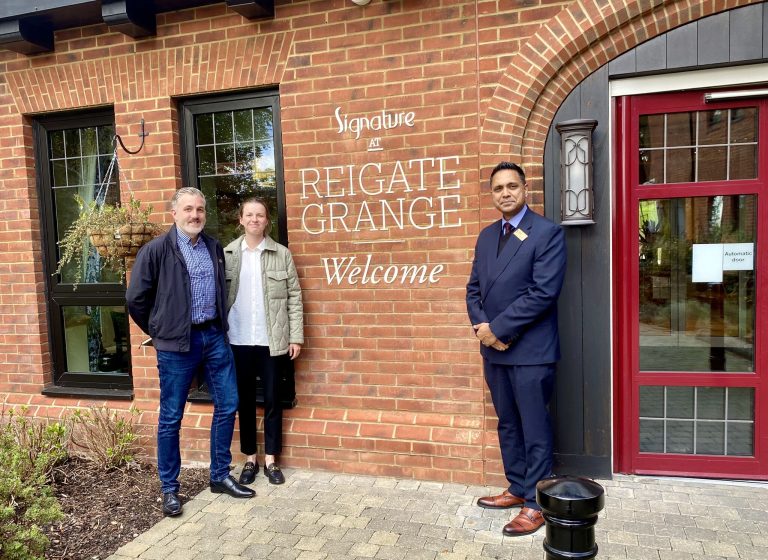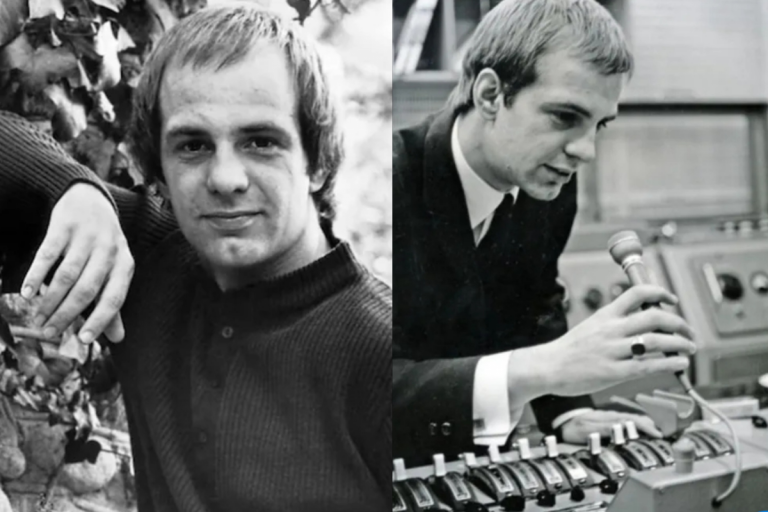Achievements and impact
BRACE has funded dementia research since 1987 and in the last 30 plus years it has raised millions of pounds to invest in multidisciplinary research covering all aspects of dementia.
Some of BRACE’s major achievements.
PILOT PROJECTS
BRACE funds pilot projects which pursue new and promising lines of research. These are studies that effectively pump prime more major research programmes. An example includes funding a pilot project that developed the world's first early Alzheimer's EEG test. Earlier diagnosis of dementia could support potential drug development to target the very first signs of dementia, thus, delaying the progress of the disease.
PhD STUDENTSHIPS
BRACE is committed to funding PhD studentships. We have funded almost 40 PhD students, including 18 in the last 5 years, thereby fostering the next generation of dementia researchers. Some have gone on to lectureships and professorships in prestigious institutions around the world. Each PhD studentship represents a modest investment which both furthers knowledge and understanding but also builds research capacity which is essential if we are to defeat these brain diseases.
THE SOUTH WEST DEMENTIA BRAIN BANK
BRACE has provided core support to the South West Dementia Brain Bank (SWDBB) since it was established 30 years ago. The SWDBB is a crucially important platform for both UK and international dementia researchers as it provides the tissue samples upon which many laboratory-based studies depend. The material has also been used to develop the international diagnostic guidelines for cerebral amyloid angiopathy (CAA) and vascular cognitive impairment (VCI).
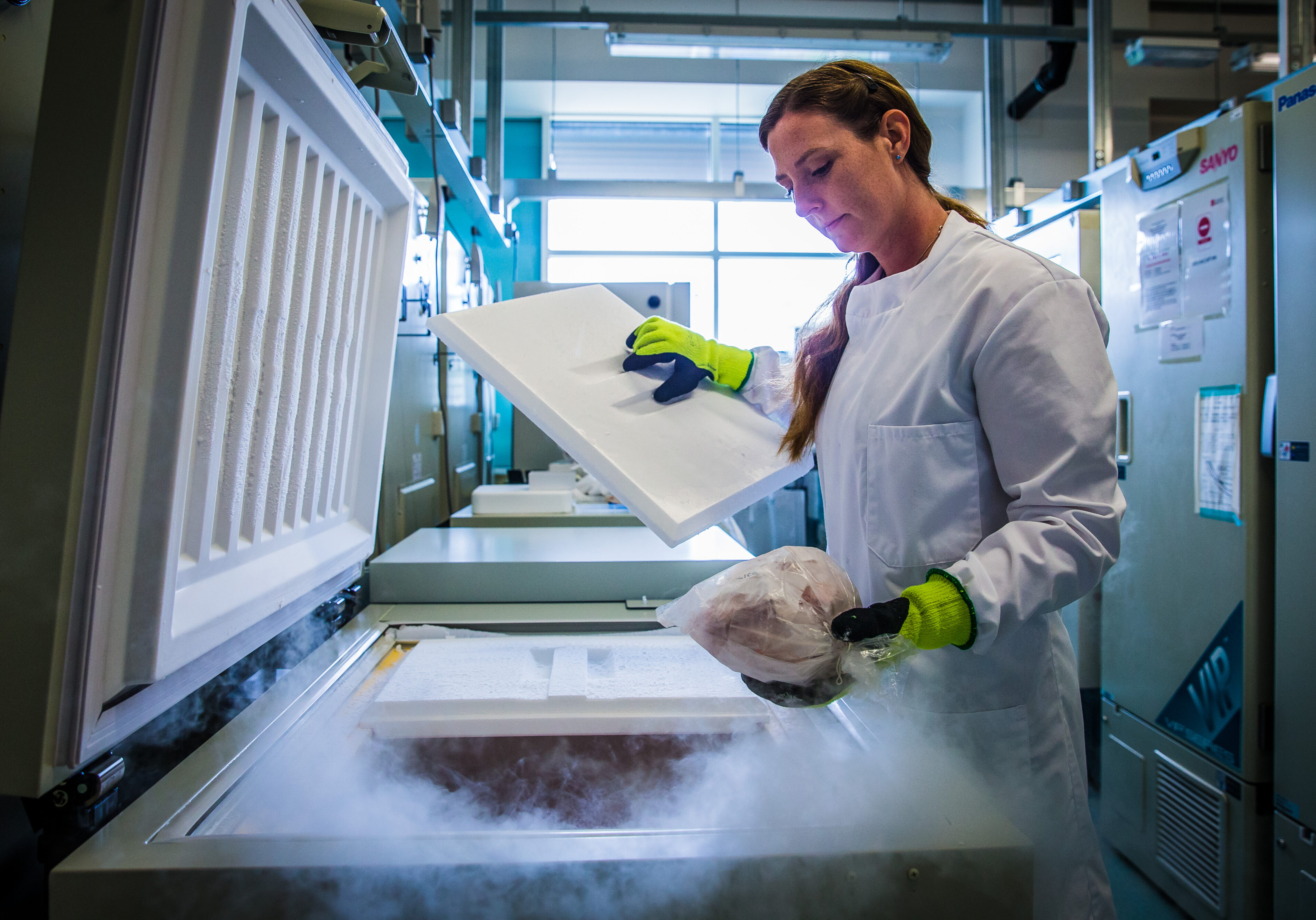
THE BRAIN CENTRE
BRACE made a major contribution to the cost of developing the Bristol Brain Centre at Southmead Hospital, and thereby creating a major world class clinical research centre. The Brain Centre provides a high quality home for dementia clinical research, whilst also bringing a collaborative relationship with researchers in different but often related neurological conditions. The Brain Centre opened in 2015 and it is expected to be used as the home of clinical dementia research until at least 2035.
EXAMPLE STUDIES
- Facilitated key clinical trials to get an Alzheimer’s disease drug (galantamine) clinically approved.
- Helped uncover a range of potential new risk genes and therapeutic targets for Alzheimer’s disease prevention and treatment, two of which have gone on to high profile clinical and pre-clinical trials (laboratory bench-to-bedside research)
- Aided the development of brand-new molecular protocols to assess enzyme activity and cerebral blood flow in Alzheimer’s disease tissue.
- Provided funding to improve MRI and electrophysiological diagnostic equipment to detect Alzheimer’s disease earlier.
- Developed an assessment tool, Bristol Activities of Daily Living Scale (BADLS). This has been adopted worldwide as a standard tool in the diagnosis and monitoring of dementia.
- Financed research into aspects of dementia that are typically less well attended to, such as emotional processing, visuo-spatial attention, movement and balance problems, and quality of life.
Share this page
